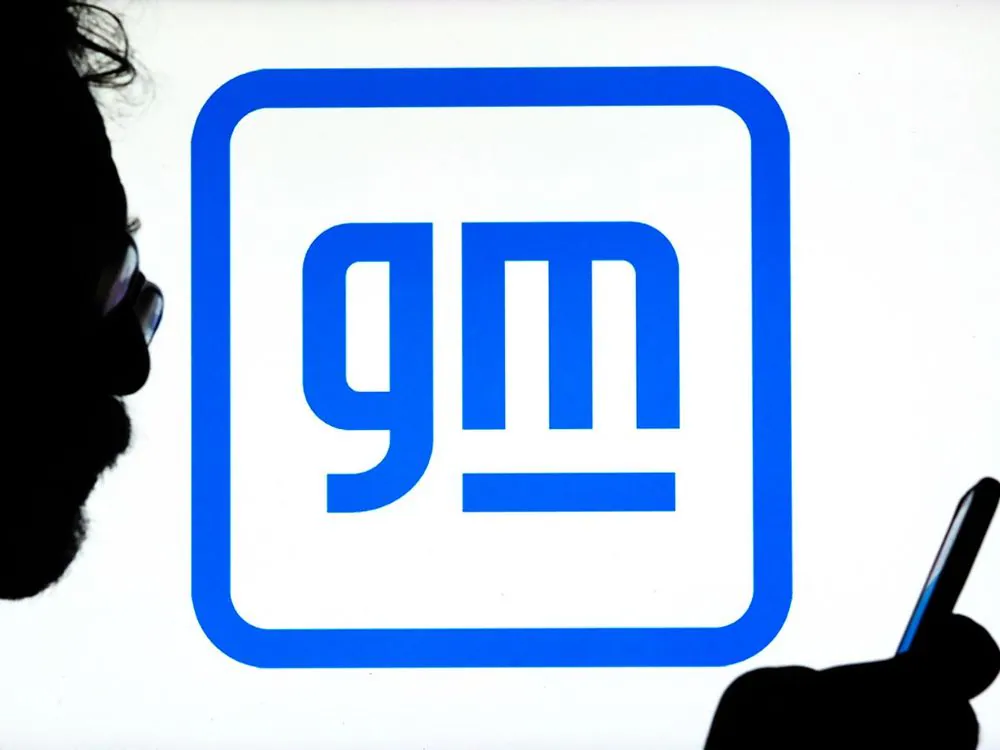
GM EV Production To Be Guided By Consumer Demand, Says CFO As Federal Tax Credits Near Expiry
General Motors (GM) CFO Paul Jacobson said on Tuesday that the automaker will continue to produce electric vehicles to meet consumer demand, despite the removal of incentives by the Trump administration.
On Stocktwits, retail sentiment around GM jumped from 'neutral' to 'extremely bullish' over the past 24 hours, while message volume rose from 'normal' to 'extremely high' levels with a 460% surge in message count over 24 hours.
President Donald Trump signed the Republican tax bill into law on the Fourth of July. Under the new law, tax credits for the purchase of electric vehicles will expire on September 30. This includes the $7,500 federal tax credit on the purchase of new EVs and the $4,000 credit on buying used ones.
Jacobson said that the company's recent $4 billion investment in U.S. manufacturing over the next two years provides it with the necessary capabilities to produce both internal combustion engine and electric vehicles in response to changing customer demand.
The CFO also noted that EV giant Tesla Inc., in comparison, relies purely on EV demand, which leaves them“overexposed to a demand set that has been highly volatile.”
“I want to be clear that our EV journey is about giving consumers choice. And over the last few years, a steady number of consumers are choosing electric vehicles,” Jacobson said.
The executive said that the company sees significant growth potential in the EV segment, particularly in coastal markets where penetration is low.
The company is now focused on driving down costs and improving profitability, including by building batteries with different chemistries as well as making vehicles lighter and more aerodynamic to achieve greater range with smaller batteries, the CFO said. The firm is also standardizing key components such as electric motors across models to drive scale and reduce complexity, he added.
“While we anticipate headwinds to EV profitability from lower volume, to the recent removal of government incentives, we remain focused on controlling what we can,” he noted.
GM CEO Mary Barra added that there was demand for EVs before the federal tax credit, and that real EV demand would be apparent in 2026 once the federal tax credit on the purchase of new EVs ends in September.
“We think there is going to be an EV market that will grow over time, albeit it'll start lower and potentially grow more slowly,” Barra said.
GM stock traded down 7% at the time of writing after the company reiterated its full-year 2025 gross tariff impact of $4 billion to $5 billion. The shares are down by about 7% this year.
For updates and corrections, email newsroom[at]stocktwits[dot]com.
Legal Disclaimer:
MENAFN provides the
information “as is” without warranty of any kind. We do not accept
any responsibility or liability for the accuracy, content, images,
videos, licenses, completeness, legality, or reliability of the information
contained in this article. If you have any complaints or copyright
issues related to this article, kindly contact the provider above.


















Comments
No comment